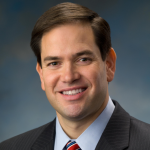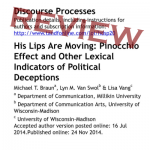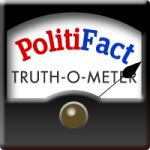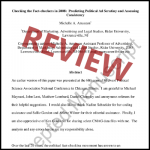Melania, plagiarism, media

It is July 21, 2016, and we’re seeing media stories about the short-lived outrage over the plagiarized lines in Melania Trump’s Republican National Convention speech from July 17. Let us pause to shed a tear for the hypocritical mainstream media. Back in 2014, our research led us to stumble across an apparent case of plagiarism at the Des Moines Register. We tried to interest some…
Read more






